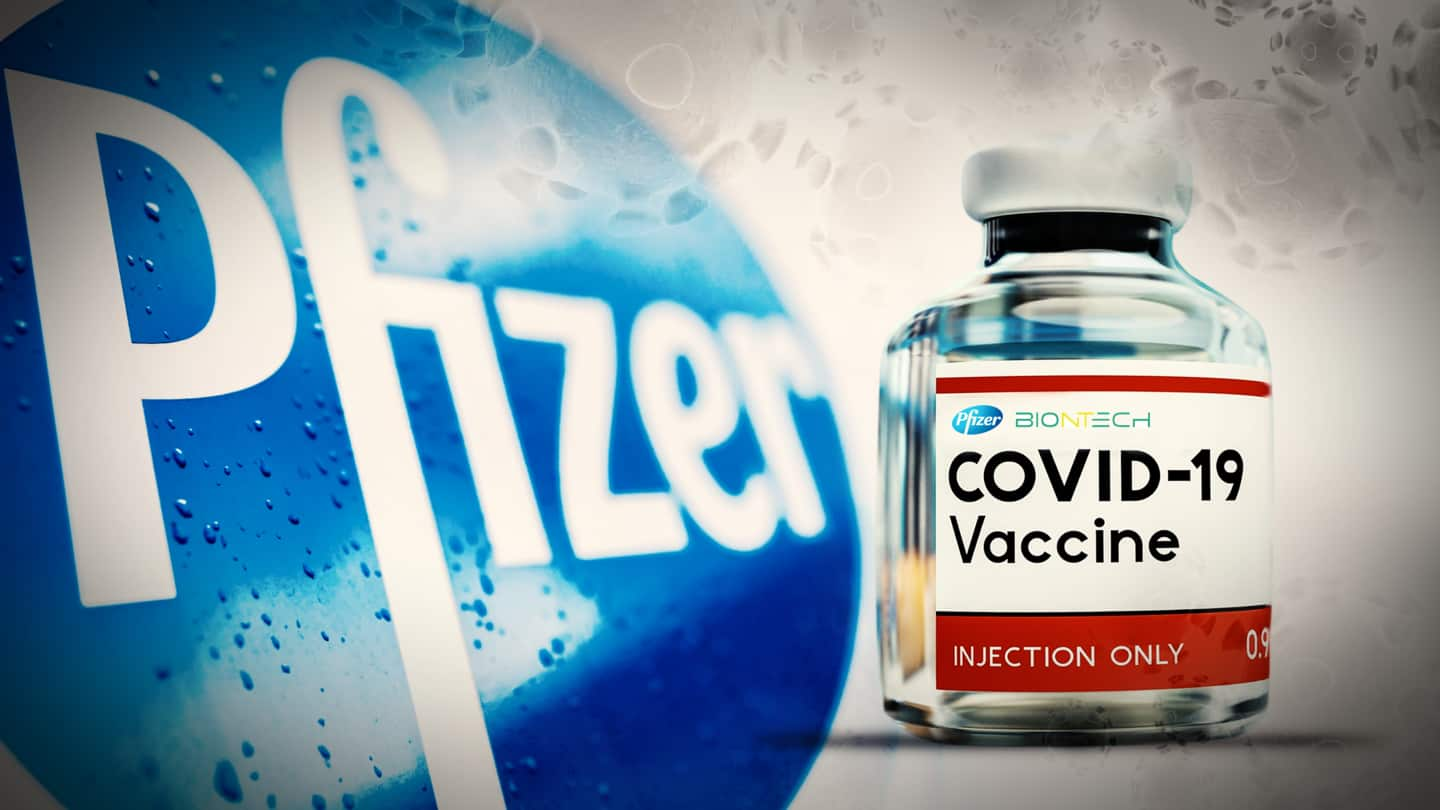
Pfizer-BioNTech's coronavirus vaccine being tested on children under 12
What's the story
American pharma giant Pfizer and German company BioNTech began testing their coronavirus vaccine on children, aged under 12, reports Reuters.
Pfizer spokesperson Sharon Castillo revealed that the first volunteers were given the injection on Wednesday.
The coronavirus vaccine is currently being used on people aged 16 or older in the US, but Pfizer is hoping to expand inoculation to younger children by 2022.
Trials
Kids as young as six months will be involved
Notably, only the two-shot vaccine developed by Pfizer and BioNTech has been authorized to be used in 16-year-olds; the one developed by Moderna can only be used in people aged 18 or above. None of the coronavirus vaccines have been given green-signal for younger children.
The latest trial will involve kids as young as six months.
Moderna had started its trial last week.
Plans
The trial will be expanded to include 4,500 volunteers
As per plans, the drugmakers would initially test the vaccine's safety at three different dosages — 10, 20, and 30 micrograms — in a phase I/II trial. Nearly 144 volunteers will be participating in the trial.
In the later stage, the vaccine's response in 4,500 participants will be judged.
The safety, tolerability, and immune response it generates in younger subjects will be examined.
Timeline
Data from the trial could be out this year
Castillo said that companies are hoping to have data from the trial by the second half of 2021. Pfizer is also testing the efficiency of the vaccine on children between 12 and 15. The data from this trial could be out in the upcoming weeks.
The vaccine was approved in the US in late-December and nearly 66 million doses had been administered by Wednesday.
Details
Johnson & Johnson wants to test vaccine on newborns
With the virus still battering nations, drugmakers are taking steps to include more age groups for vaccination.
Last month, it was revealed that Johnson & Johnson wants to test its coronavirus vaccine in newborns, infants, and even pregnant mothers.
The company will first target children between 12 and 18 years of age and then move to a study involving newborns.